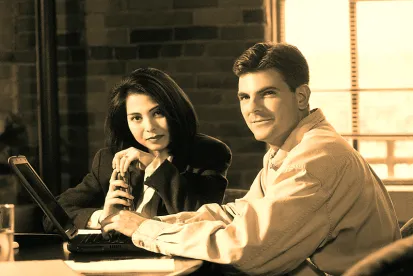Today, we’re talking about men and their fears in this #MeToo moment. In our continuing effort to answer sincere questions from skeptics, here’s another good one for consideration:
Why aren’t you talking about men’s fears? And what should men do?
This question was spawned after talking about women’s long-time fears of reporting harassment, including fears of retaliation and of not being believed. Today, men are worried too. Worried, for example, that they will be wrongly accused of something they don’t even remember, or wrongly accused if they take a female coworker to lunch and it’s misinterpreted. 
First, for both legal and business reasons, it’s a bad idea for men to exclude women from opportunities, whether those are introductions to clients, customers, business contacts and prospects, or professional development. Not only does it create the basis of a straightforward sex discrimination claim (men get better business opportunities than women), it’s a waste of an organization’s talent and resources. So, keep it professional. Start by taking a female colleague to lunch and introducing her to a client or customer. Give her a chance to talk about her professional accomplishments. When a woman undersells her talents, become her champion.
But, admittedly, it’s not easy. How do men navigate the professional relationships in today’s business environment? This question was explored in a couple of recent articles, including one published in the April 4 Wall Street Journal entitled “Men Learn How to Be ‘Allies,’ Without Fear, to Female Colleagues.” Not only does it acknowledge men’s fears, but offers some practical advice for men to mentor women in a concrete and helpful way. One simple suggestion is for male colleagues to be allies and to acknowledge the ownership of an idea when a woman makes it, rather than just when a man restates it.
In another recent article, “Getting Men to Speak Up,” written by Michael Kimmell (who also authored the book “Angry White Men”), men are encouraged to become aware and to speak up, particularly in response to a sexist or inappropriate comment. Kimmel notes that men can be allies, and men’s silence allows sexual harassment to continue.
It’s okay to be worried. It’s better to stand up.




 />i
/>i

